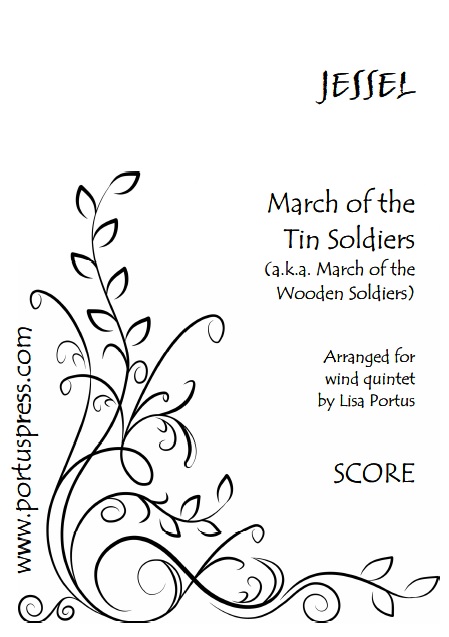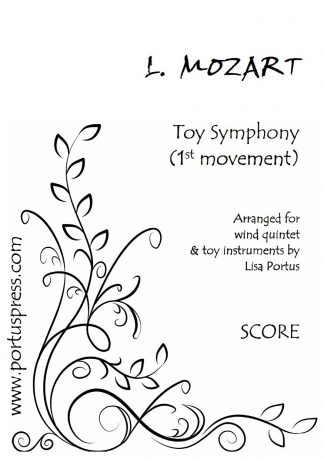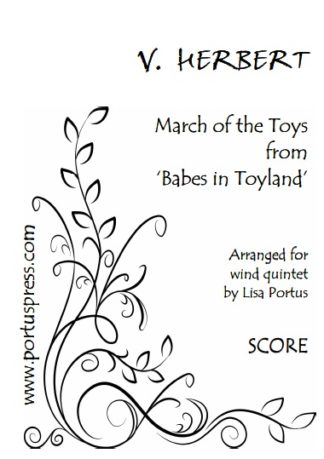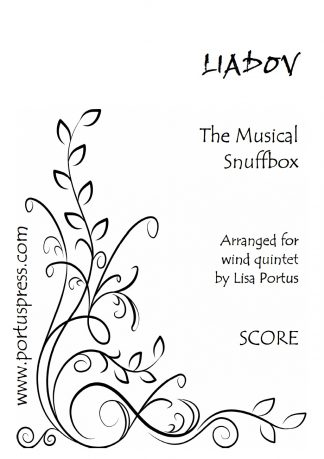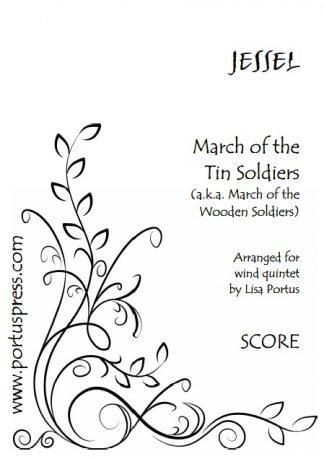Description
Léon Jessel (1871-1942) was a highly successful German composer of operettas and light classical music. He is best known for his jaunty march of 1897 – The March of the Tin Soldiers (also known as The March of the Wooden Soldiers). It was popularised by the Russian impresario Nikita Balieff as a mainstay of his long-running Chauve-Souris (The Bat) vaudeville revue. Balieff’s choreography recounts the story of Tsar Paul I leaving the parade grounds without issuing a ‘halt’ order to his marching soldiers, so they marched to Siberia before being remembered and ordered back.
In the early 1920s the show arrived in Broadway and Jessel’s little march become internationally famous. It remains an enduring Christmas favourite and the piece has been performed in many different versions. In the UK the piece was used for many years in BBC radio’s Children’s Hour to introduce the series Toytown.
Although Jewish by birth, Jessel converted to Christianity in 1894. However this was not enough to protect him against the rise of Nazism in the late 1920s. After this time his composing all but ceased and, by 1933, the Nazis had banned all performances of his music. In December 1941 Jessel was arrested. He was tortured by the Gestapo and was dead within three weeks.

